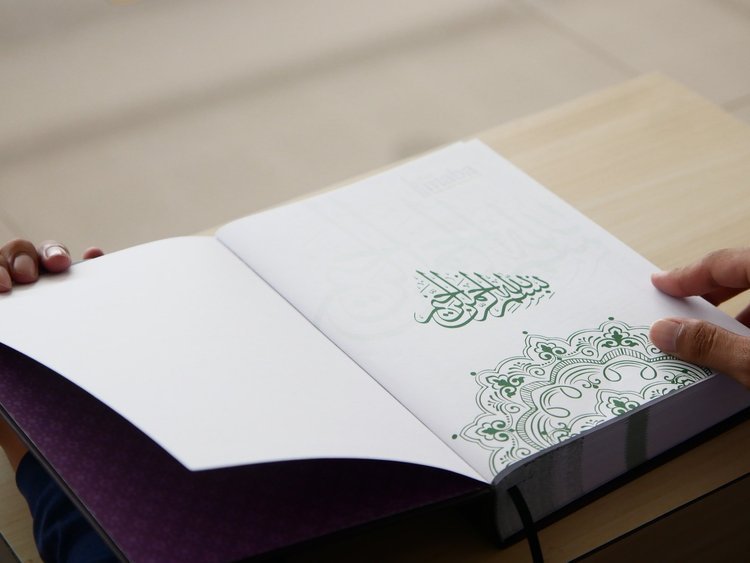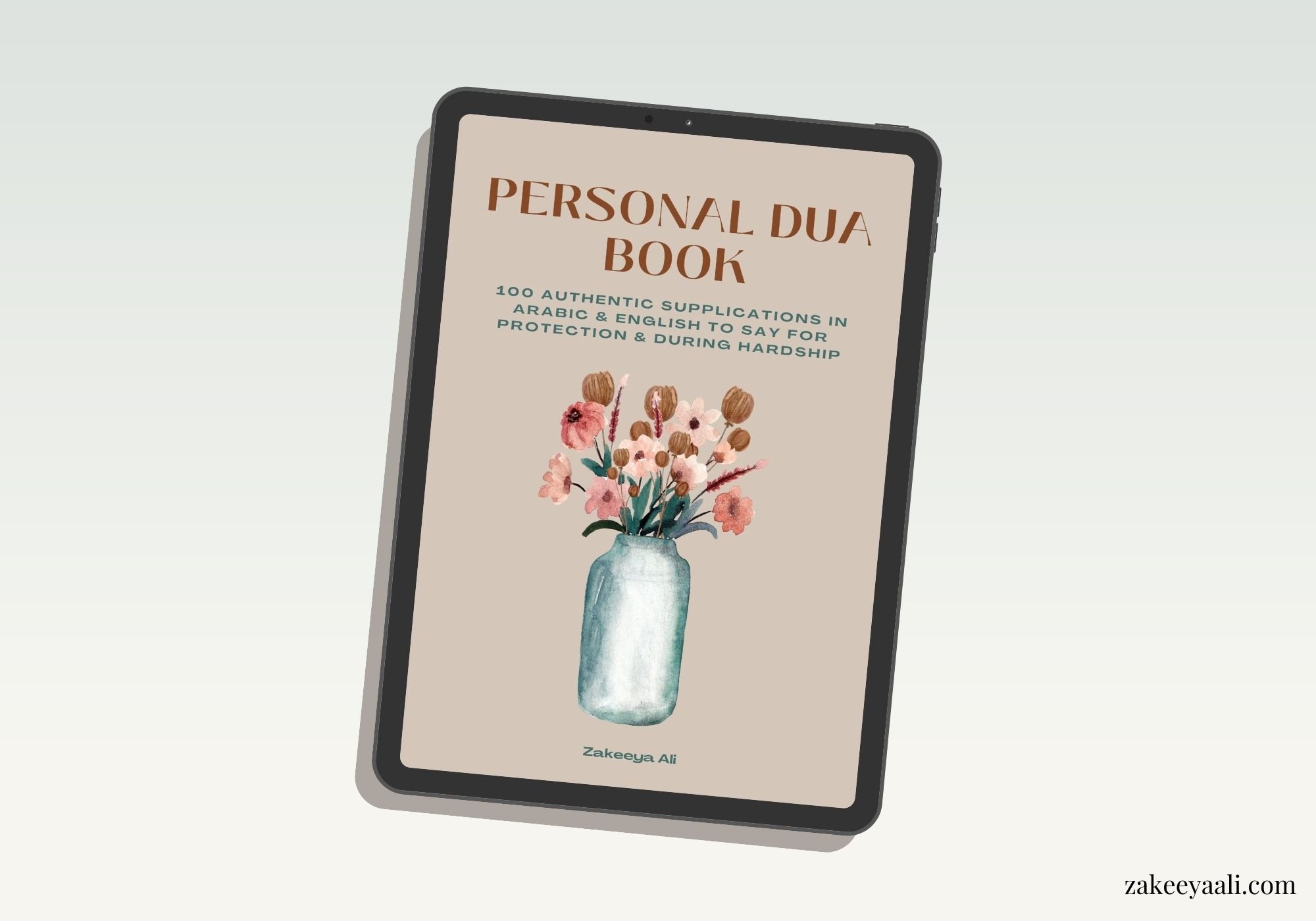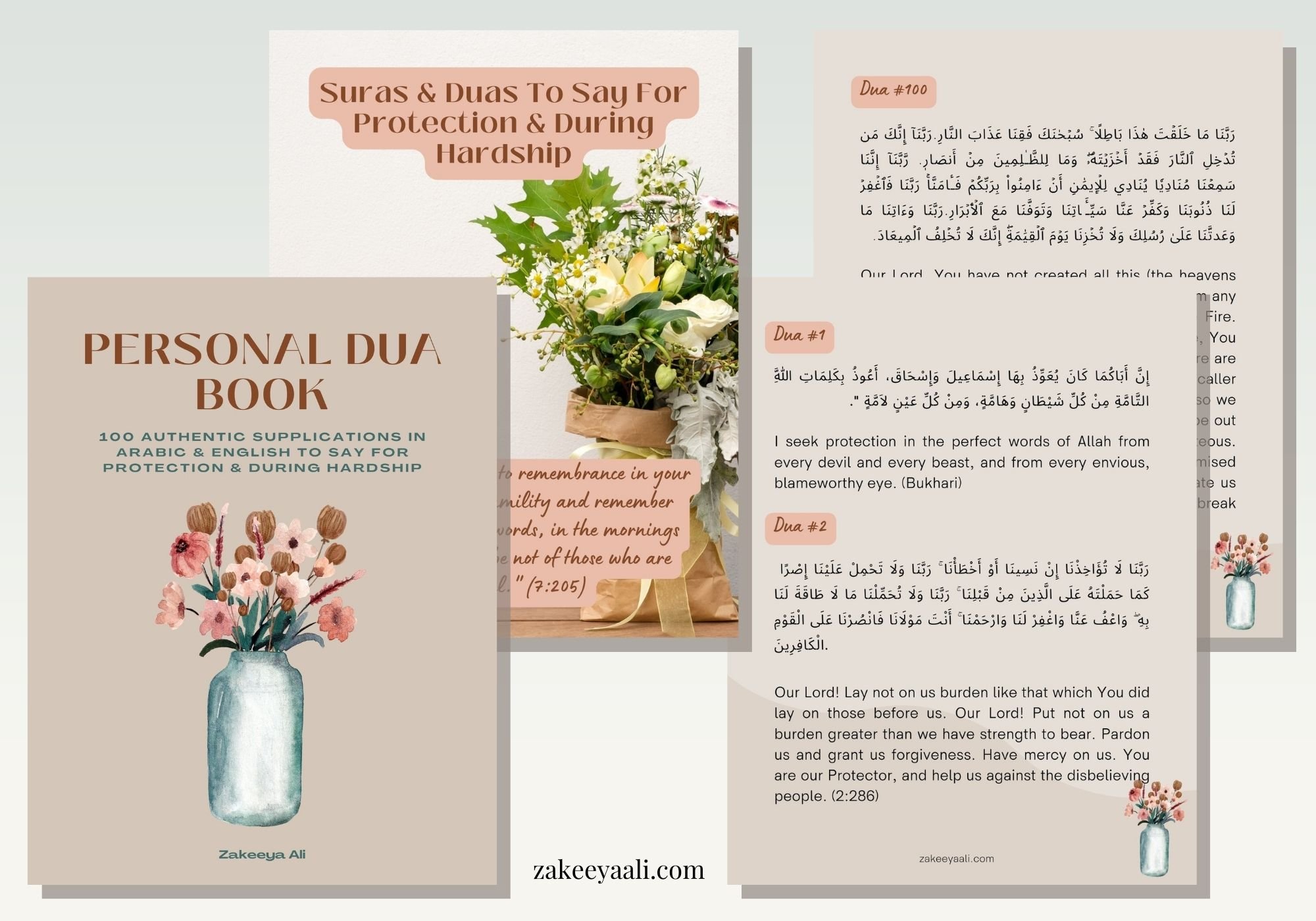A Muslima’s Guide to Qada (Missed Fards)
Life gets hectic, and time goes faster. Your biggest challenge nowadays as a busy Muslim is to hold on to your fards. There is no excuse for being "too busy" or "too stressed" or "too tired" to miss our fards. But we're human, so we do, even though at times with good reason.
There is no way around it; our fards need to be repaid in the form of qada before our death. Qada (قُضِي) is the Arabic word for fulfilling the duties (usually your fard obligations) that you've missed due to some reason. With this in mind, we need to set aside time in our busy lives to make up our qada before we meet our Lord. Sometimes, we don't know how to do this.
To make it simple and easy for a busy Muslim, I have researched and explained the three essential fards that need to be repaid during our lifetime. Women often have more qada to perform due to childbirth and menstruation than men. This usually seems daunting and tedious for some females, but you can do it with intention and perseverance!
Believe me when I say that you'll feel a sense of accomplishment just by putting a number on your qada to start. It is a gift that Allah SWT bestows on us when he allows us to rectify our past shortcomings and make amends. Also, don't feel embarrassed if you have hundreds of missed prayers or fasts to repay because you are not alone; many Muslims are in the same boat, including me!
Making Up Missed Prayers
♦ Think back to the age you reached puberty and mentally brainstorm your missed fard prayers.
♦ Calculate how many salah you've missed since then. You simply need to make an educated guess.
♦ Resolve to make them up consistently until they are complete.
For example, if you are 38 years old and hit puberty at 13 years of age, you will have 25 years of prayers that you had to perform. Now decide how many prayers you think you've missed during those 25 years. You make a reasonable guess, even if you cannot remember exactly.
You will need to estimate each prayer separately by writing how many fajr, dhur, asr, maghrib, and isha salah you've missed. Usually, the prayer you found the toughest during your life will have the highest number. For example, as a teen, you found waking up for fajr difficult, so your fajr qada would be the highest number.
Making Up Missed Fasts
The same method you used for salah applies to fasting.
♦ Calculate how many fasts you've missed over the years from the age of puberty till now.
♦ If it's due to hayd, calculate how many days your menses usually last. Then multiply what you've missed by the months of each year until now.
♦ Next, calculate any fasts missed after childbirth, during pregnancy, breastfeeding, illness, or travel. Make a calculated guess, add it up, and write the figure down.
Keeping A Record
♦ Each time you make up a fast or say a prayer, give yourself a tally mark or X the number. You can also write the new total.
♦ Use a specific book, a notepad app on your phone, or a log to keep track of your qada, especially if it's a lot. That's been the easiest method for me.
♦ Set a specific amount of qada to perform each week to remain consistent and make it easier to keep track.
This may all sound confusing, so I've made a prayer and a fasting qada log in a printable format to help you achieve your goal. Find it at the end of this post.
Making Up Missed Zakat
Sometimes we don't realize that we need to pay zakat on our individual assets, whether married or not. If you own valuable jewelry or have some savings that are over the nisab (minimal zakatable amount), you are liable to pay zakat for that year. With this in mind, if you have not paid zakat in the past, you can repent for your lapse, calculate how much zakat you owe, and pay it as soon as you can. You are also permitted to pay it off in installments, not all at once. Here is an explanation from seekershub.org:
Zakat is due on a yearly basis when a morally-responsible Muslim possesses the minimal zakatable-amount (nisab) above and beyond his debts and immediate expenses, and a complete lunar year passes over it. In calculating one's Zakat one calculates all his zakatable assets together. "Zakatable assets" include: (a) Cash – whether in currency form or in the bank,(b) Gold and Silver,(c) Money lent out,(d) Trade goods,(e) Stocks, and(f) Agricultural produce. After one calculates the above, one deducts:(a) Debts and (b) Immediate expenses (Source: Seekershub)
For example, this year, the price of nisab in the US is $3765.85. The obligation to pay zakat will not commence if you have less than that in total assets. As soon as a person possesses this amount, the Zakat year will start, and you will be obligated to pay it. The zakatable minimum is equivalent to the value of 87 grams of gold. So if one possessed this amount on the 1st of Shawwal, then this is when your Zakat year starts.
Fluctuations during the middle of the year are of no consequence unless one's zakatable amount reaches zero. Only the beginning and end of the year are taken into account. One has to possess a zakatable-minimal both at the beginning and at the end of one's Zakat year for one to pay Zakat. (source: seekershub)
So if you need to calculate your zakat for missed years, all you will need to do is:
♦ Estimate the amount you've had each year and whether it was over the nisab.
♦ Deduct 2.5% of your assets each year and add up the total of all the years. This will be the amount you owe.
♦ Write that amount down and make a plan to pay it off. Your spouse can pay it on your behalf as well.
Remember that zakat does not lessen your savings but brings you more barakah and makes your money grow! Allah says:
"And that which you give as a gift (to others) in order that it may increase (your wealth by expecting something in return) from other people's property, has no increase with Allah. But that which you give in Zakat sincerely for the sake of Allah, those people shall have manifold increase". (Surah Ar-Room: 39)
The Prophet (saw) said:
"Whoever gives away charity the size of a date, which is earned lawfully, since Allah only accepts the good lawful things, Allah will indeed take it with His right Hand and cause it to grow for its owner, just as one of you raises up his colt, to the point that the charity will become like the size of a mountain." (Bukhari and Muslim)
Salam, I’m Zakeeya!
I believe that making our homes a safe haven for our families, as well as being a wife and mother, brings us great blessings, contentment, and benefits to society as a whole. Since 2011, I've been dedicated to assisting Muslimas in finding tranquility in their roles, taking better care of themselves, and achieving inner peace. Our journey in this world is not an easy one, but I pray the tools and guidance I offer will help you face life's challenges with more gratitude and mindfulness. Join me as I share wifehood, motherhood, homemaking, and lifestyle solutions that make life more fulfilling for you as a woman! Read more about me here.
Grab your Free printable prayer and fasting qada logs
Making up missed prayers and fasts is a requirement, so I designed this set of qada logs to help reach our goals. A helpful resource for Muslims to print-out as many times as you need. To get it, simply sign-up in the footer to become a member and gain access to the Members Vault. There are many other gifts and benefits especially for being a valuable subscriber.
Do You Need Support as a Sister?
If you are struggling in your life and need professional support for personal development, you can book a one-on-one mentoring session with me to get tailored advice.
Do You Want to Instill Your Daily Dose of Dua?
Order my handy dua ebooks, which are available in an Arabic/English or English only version, and contain 100 authentic duas to say for protection and during hardship.







